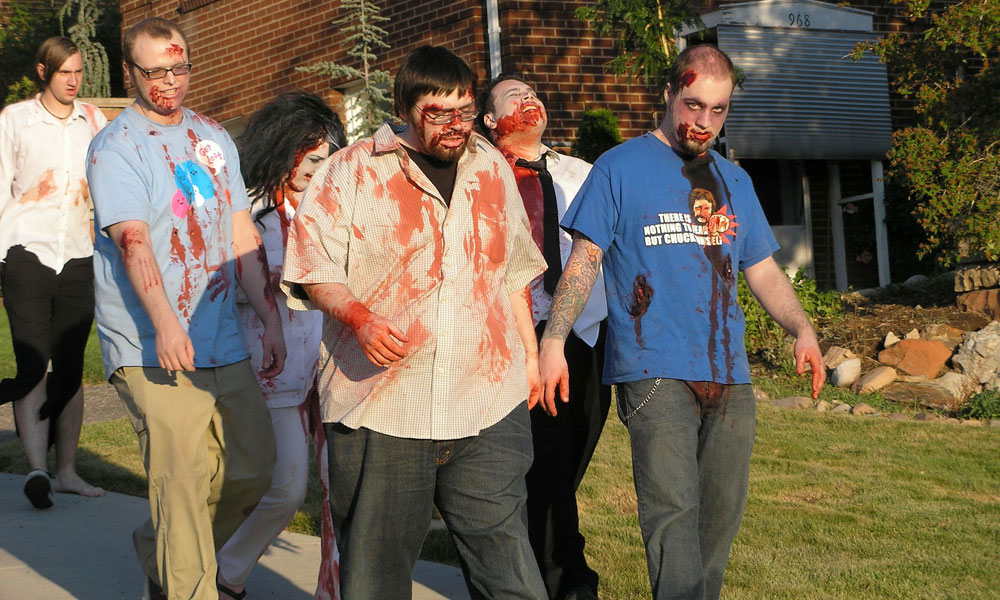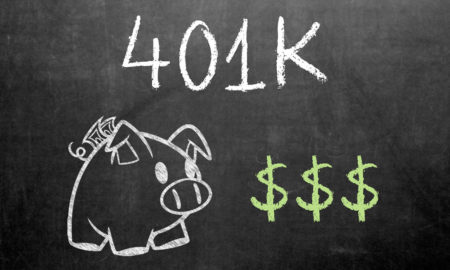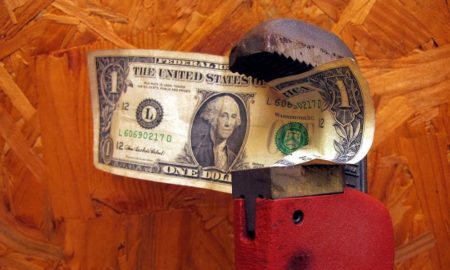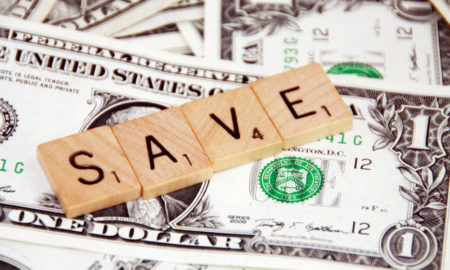

Deprecated: Implicit conversion from float 1751430975.560961 to int loses precision in /www/investmentzen_357/public/blog/wp-content/plugins/intelly-related-posts/includes/classes/utils/Logger.php on line 93
Deprecated: Implicit conversion from float 1751430975.561126 to int loses precision in /www/investmentzen_357/public/blog/wp-content/plugins/intelly-related-posts/includes/classes/utils/Logger.php on line 93
In a world where instant gratification is the norm and telling yourself “no” is sometimes frowned upon, excuses for not saving for retirement abound.
We’ve got bills to pay, some will say, plus it costs money to raise a family and keep a roof over their heads. Meanwhile, it’s become increasingly harder to plan or save for college, pay down debts, and enjoy life along the way – all while forking over a large percentage of your income to a 401(k).
I mean, saving for retirement is hard, right?
The State Of Retirement Saving In America
Well, maybe – at least, that’s the conclusion a recent Wells Fargo study reached after interviewing over 1,000 middle class Americans about their retirement goals, dreams, and plans.
Upon wrapping up the study, Wells Fargo reported that 68 percent of all respondents agreed that saving for retirement was “harder than expected.” Worse, a full 55 percent of respondents reported that they plan to save for retirement “later” since they aren’t really saving much now.
On the other hand, 61 percent of respondents reported that they aren’t really giving up a lot to save for retirement, which makes you wonder why they think saving is so hard.
Of course, there will always be those hold-outs – the “ride or die” type who won’t save for retirement regardless of what anyone says or what the numbers portray.
Sadly, that demographic is much larger than many people realize. At the conclusion of the Wells Fargo study on retirement savings, we found out that 19 percent of respondents have zero dollars in their retirement accounts – as in, nada – zilch – zero.
To round things out, 22 percent of respondents to the survey, which featured responses from those with a median household income of $63,000, said they would rather “die early” than not have enough money to live comfortably when they retire.
A Scary Picture for the Future of Retirement
Looking at these numbers individually can’t tell the whole story, but adding them up paints a grim picture for the retirement hopes and dreams of far too many Americans.
Not only are a large percentage of individuals not saving enough and fearful of the future, but there are far too many individuals who have simply “given up,” stating they would rather die than go without.
And maybe that’s their plan to begin with. I know I have heard many, many people say they’re not overly worried about retirement or their finances in the future because they are certain they’ll die young.
That includes a neighbor of mine whose family history of heart disease has him convinced he’ll reach an early fate, another friend whose mother and grandmother and mother died early of cancer, and a family member who doesn’t save a dime because he believes the end of the world is on its way.
Yes, I’m serious.
Think You’ll Die Early? Probably Not.
While genetics and family history can influence your own health in a major way, no one can predict the age and time of their own death. And, like it or not, most people who believe they’ll die young probably won’t.
According to the Social Security Administration, a man reaching 65 today can expect to live to 84.3, and a woman reaching 65 today can expect to live to 86.6. And those are just averages, notes the SSA. In all actuality, around 25 percent of all 65-year-olds will live past the age of 90, and another 10 percent will live past the age of 95.
So no matter what anyone says, the statistics say you will most likely live at least until your 80s as long as you don’t get cancer or heart disease or die as the result of an accident. Of course, no one knows if or when that will happen, either. And of course, the next zombie apocalypse might be on its way…..or not.

But at least I didn’t have to save for retirement!
Why “I’ll Die Young” is the Worst Excuse Not to Save for Retirement
To Jackie Lam of Cheapsters.org, the excuse that “you’ll die young” seems like more of a copout than anything else.
“It seems on par with someone saying that we’re all going to die, so why not be a glutton and eat whatever I want?” she says.
Good point.
And here’s another valid question to consider for those who think they’ll die before they get a chance to retire: What if you don’t?
“You don’t know when you’ll die,” notes Kelly Whalen of The Centsible Life. “I just listened to a podcast with a thrill-seeker who base jumps. He’s been injured many, many times, but is still alive. He thought he would die before he was 20, then 25, then 30, and now he’s like ‘oops’.”
And even if you don’t jump off of tall buildings or cliffs for a thrill, there are plenty of reasons to think you could be off on the estimated date of your death.
And one of the biggest reasons has to do with healthcare. For example, medical technology is getting better every year, says Larry Ludwig of Investor Junkie.
“People are living longer,” he says. “There’s a reason why Social Security has a shortfall. You were expected to die before collecting.”
But there’s another reason saying you’ll “die young” is a terrible excuse not to save. When you make that kind of claim, you’re basically saying you don’t care either way – and that there is nothing you could do to prolong your life.
In almost any case, you are probably dead wrong (pardon the pun). In a lot of ways, your retirement and your health run parallel. If you’re able to make some small changes to improve your health over time – like improving your diet and exercising – you can certainly live a longer, healthier life.
Your finances are the same way. If you save in small increments and take on some positive financial habits, you can grow your nest egg at a much faster pace .
But when you give up and say you’ll die young, you’re saying your health doesn’t matter – and that you’re not even going to try. And, shouldn’t you have something in your life that makes you want to live longer?
“My mom lived her life in such a way that it was inevitable that she’d die young, and it sucks,” says Kathleen Celmins of Frugal Portland. “She missed so much in the two and a half years she’s been gone, and she would have really liked to be around for some of this.”
As a result of what happened, Kathleen despises the thought of someone not saving for retirement based on the belief that they’ll die young so it won’t matter.
“You want to die early?” she says. “That’s really selfish of you.”
The Bottom Line
While it’s true that most Americans aren’t saving nearly enough for retirement, at least they’re trying. The same can’t be said about those whose claim they’ll “die early” prevents them from saving as much as they can.
Sadly, it is society who will be there to pick up the tab when your neighbor, colleague, or family member discovers that they didn’t actually die early – and that they don’t have nearly enough money saved to survive.
That’s why we need to reframe the discussion, says Todd Tresidder of Financial Mentor.
“The problem is the word retirement, which implies after 65 and old-age,” says Tressider.
Once you reframe the argument as saving for financial independence instead of retirement, the idea that you might die early becomes a compelling reason to save more – not less, he says.
“It turns the whole thing upside down because you have less life to live so you certainly don’t want to waste any of it doing anything you don’t want,” says Tresidder. “Save more, save faster, and gain your freedom earlier so you can live it up while you still have the time.”
At the end of the day, that’s good financial advice for anyone.
The idea that you might die early is a compelling reason to save more – not less. Click To Tweet



























1 Comment